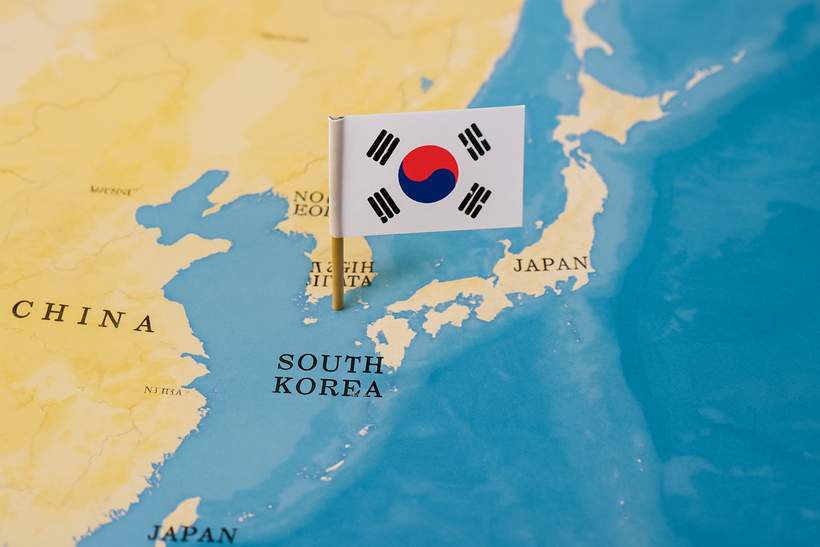South Korea’s Casino Industry Grows as Foreign Tourism Increases

Growth in South Korea’s Casino Market Linked to Visa Policy Changes
South Korea’s gaming sector is experiencing notable growth even before the easing of visa restrictions for Chinese visitors, which are scheduled to begin later this year in the third quarter. The anticipation of increased foreign arrivals has already boosted casino stock valuations.
Positive Impact of Visa Waivers and Improved Diplomatic Relations
Last November, China introduced visa-free entry for South Korean citizens, along with travelers from several other countries including Norway, Finland, and Denmark. This reciprocal arrangement signals warming ties between South Korea and China and has stirred optimism among investors and industry stakeholders.
Shares of major players in South Korea’s casino and tourism sectors, such as Lotte Tour Development, have surged significantly. Since January, Lotte Tour shares have increased by over 50%, Paradise Casino stocks gained 28%, and Grand Korea Leisure shares rose by 7%. Notably, Lotte Tour, which operates casinos that cater exclusively to foreigners including the Jeju Dream Tower, saw a 37.4% jump in share value in just the last month. Reflecting this confidence, the National Pension Service raised its ownership in Lotte Tour from 5.01% to 7.05%.
Market analyst Kim Hye-young from DAOL Investment & Securities highlighted that the recent improvements in bilateral relations and the steady increase in tourist numbers present promising opportunities for foreign casino operators involved in integrated resorts.
Reliance on International Visitors for South Korea’s Casinos
South Korea has 19 casinos, but only Kangwon Land, located in Gangwon Province, permits access to local residents. The rest depend entirely on foreign tourists to sustain their business. The local gambling industry briefly faced uncertainty last December when the then-president declared martial law.
Summer is expected to bring a surge in travel demand. Japan is preparing for its major Obon holiday in August, while China looks ahead to the Mid-Autumn Festival and National Day Golden Week in October. To support this influx, airlines like Korean Air have begun adding flights and new routes to popular destinations including Macau, Bangkok, Taiwan, and various locations in China.
Concerns Over Illegal Gambling Amid Rising Tourism
While the growing number of tourists bodes well for the casino and hospitality sectors, it also raises concerns about the potential increase in illegal gambling activities. South Korean tourism authorities have recently urged stronger enforcement measures to address this issue.
Outlook for South Korea’s Hospitality Industry
Despite these challenges, hotel operators in South Korea are expected to benefit from the rebound in inbound tourism. Industry forecasts predict that visitor numbers will return to pre-pandemic levels by the end of the year, supporting stronger economic performance in the latter half of 2024.